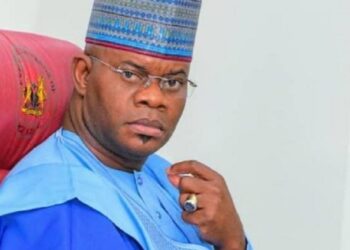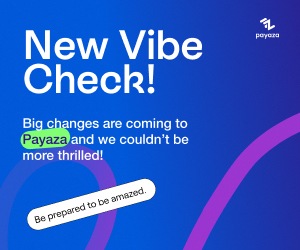The Economic and Financial Crimes Commission (EFCC) has said that it has started the process of carrying out fraud risk assessment on Federal Government agencies as part of efforts to fight corruption in the country.
This initiative is a measure that would help the anti-corruption agency detect the government agencies that are vulnerable to fraud.
According to the News Agency of Nigeria (NAN), this disclosure was made by the Executive Chairman of EFCC, Abdulrasheed Bawa, in New York. Bawa revealed that the agency had built its capacity to understand fraud risk assessment, and had also started implementing the same.
What the EFCC Chairman is saying
Bawa in his statement said, “The idea is for us to advise the government on the vulnerability of those agencies to fraud and corruption.
We have already engaged the Federal Ministry of Petroleum Resources; they are willing to partner with us towards carrying fraud risk assessment on all the parastatals under the ministry.”
The EFCC boss said that the agency understands the art of fighting corruption and fighting corrupt people adding that it would do its best to achieve its mandate of combating corruption in the country.
He said, “Fighting corruption is about looking at the system, looking at the loopholes and advising the government on what to do regarding that. EFCC is working towards intelligence-driven investigation and that is why one of the things I did is to establish a full-fledged department of intelligence.
In addition, when we talk about the catalogue of stealing and receiving stolen goods as enshrined in the Criminal Code; if you steal and you are convicted, it is seven years imprisonment and if you receive stolen goods, it is 14 years imprisonment.
Our study of that is the fact that without those who are receiving stolen goods, stealing will be prevented; that is why they have high punishment for those receiving stolen goods,” Bawa added.
The EFCC boss said the commission was working tirelessly to focus on gatekeepers in money laundering with the re-boosting and improving of the activities of the Special Control Unit against money laundering.
Bawa said gatekeepers are non-designated financial institutions as provided for in the Money Laundry Prosecution Act and include tax consultants, car dealers, real estate managers, lawyers and accountants, among others.
What you should know
The EFCC boss was at the just concluded 3-day UN General Assembly Special Session on Corruption which focused on “Challenges, Measures to Prevent and Combat Corruption and Strengthen International Cooperation.” He was at the event to present Nigeria’s position.
The EFCC boss said the take-home point from the UN special session was for countries to strengthen cooperation and sharing of intelligence information to help combat corruption.
He also noted that work had been on top gear and negotiations were continuing, to repatriate some funds stolen from Nigeria.




















